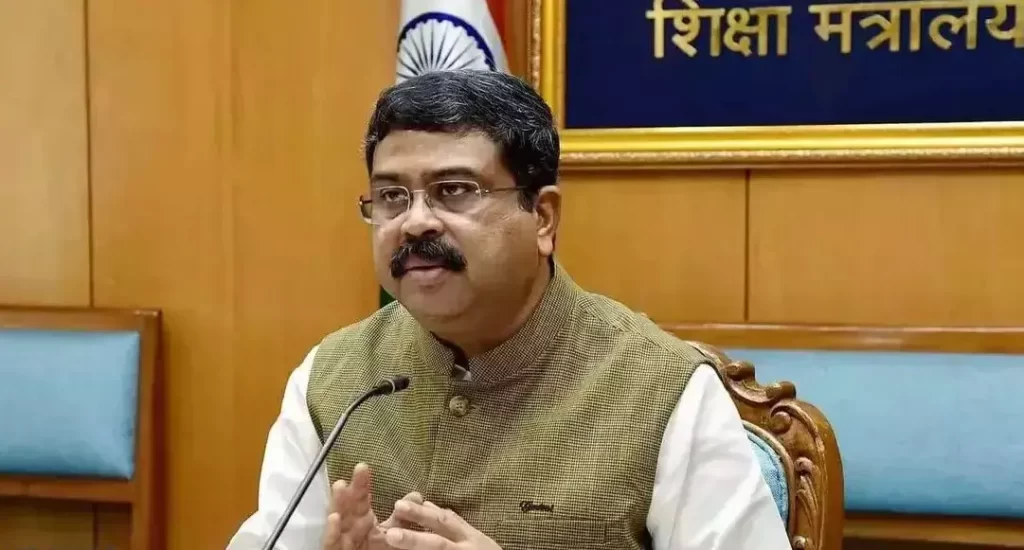Education Minister Introduces Optional Bi-Annual Board Exams to Reduce Student Stress
Union Education Minister Dharmendra Pradhan has announced that students will not be obligated to take class 10 and 12 board exams twice a year. The option for bi-annual exams is being introduced to alleviate the stress caused by the fear of a single opportunity. Pradhan emphasized that this choice will be entirely voluntary, with no compulsion for students to participate. He explained that students often feel pressured, thinking they missed a year or could have performed better, and the new system aims to alleviate that stress. The New Curriculum Framework (NCF), introduced by the Ministry of Education in August, intends to hold board exams twice a year to provide students with more time and opportunities to excel and retain the best score. Pradhan has received positive feedback from students regarding this initiative and aims to implement it from 2024. In response to the alarming number of student suicides in Kota, a major coaching hub in Rajasthan, Pradhan expressed concern and stated that it is a collective responsibility to ensure students are stress-free. The issue of ‘dummy schools,’ where students skip regular schooling to attend coaching classes, was also raised. Pradhan emphasized the need for serious discussions on this issue. Regarding the Central Advisory Board of Education (CABE), which hasn’t convened in the last three years, Pradhan mentioned that it is being reconstituted to align with the evolving education system and the new National Education Policy. Pradhan also shared that two Indian Institutes of Technology (IITs), Delhi and Madras, are in the process of establishing offshore campuses, with discussions ongoing with other countries interested in hosting Indian educational institutions. Guidelines for foreign universities setting up campuses in India are under consideration and will be announced soon. Pradhan addressed the objections of states like Karnataka and West Bengal to the National Education Policy (NEP), suggesting that these objections are more political than academic. He emphasized the focus on synergy between education and skills to equip students with both academic and practical abilities for the 21st-century workplace. This includes the establishment of skill hubs and the implementation of the Academic Bank of Credit to enhance students’ mobility across higher education institutions and integrate skills into a credit-based system.
Education Minister Introduces Optional Bi-Annual Board Exams to Reduce Student Stress Read More »


